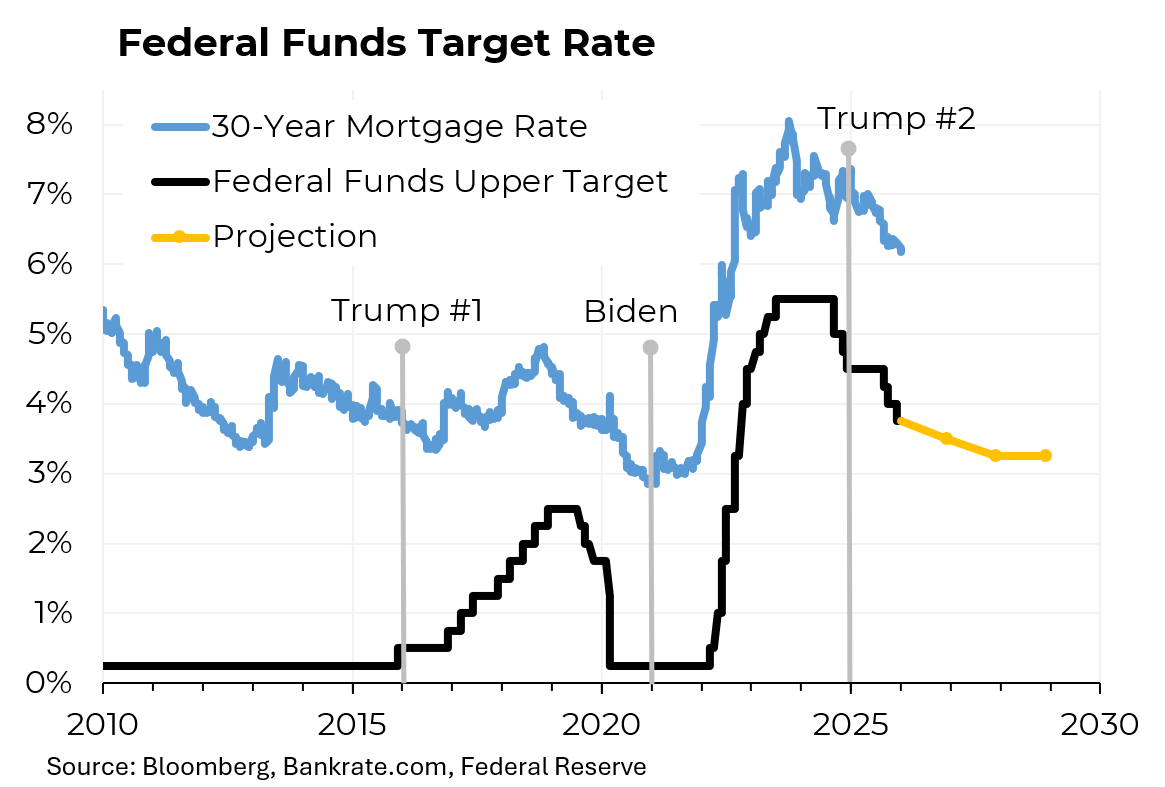Originally published in the New York Times.
Early in my deal-making career, a Wall Street veteran counseled me to “never let the perfect be the enemy of the good.”
The Senate majority leader, Chuck Schumer, may have had similar advice in his head as he relentlessly corralled his 49 Democratic colleagues into passing the Inflation Reduction Act, which emerged as not just a good bill, but a great bill, as President Biden described it when he signed it on Tuesday.
Yet without trouble from one intransigent Democratic senator and a significant political misjudgment by the Biden administration, we would have had an even more consequential package.
The obstinate Democrat was, in the end, not Joe Manchin of West Virginia — who fought hard for his beliefs and his constituents in the course of signing on — but Kyrsten Sinema, the Arizona freshman who prides herself on a quirky individualism seemingly patterned on one of her predecessors, the iconoclastic Republican John McCain.
When she helped block what would have been the first increase in the federal minimum wage since 2009, she did so by mimicking Mr. McCain’s dramatic thumbs-down vote in 2017 on proposed cutbacks to the Affordable Care Act.
While many of Mr. Manchin’s changes improved the bill — such as by turning it from deficit raising to deficit lowering — it was solely Ms. Sinema’s demands that drastically weakened the tax portion of the resulting legislation.
No increase in the egregiously low corporate income tax rate. No reversal in overly generous deductions for businesses. No rise in income tax or capital gains rates paid by the wealthy.
Wealthy individuals escaped essentially unaffected by the new legislation. Ms. Sinema even objected to closing the indefensible carried interest loophole, through which many private equity executives and some hedge fund managers pay only a 23.8 percent tax rate on gains achieved on their share of investors’ capital.
Here’s how muddled Ms. Sinema’s logic was: As a House member, Ms. Sinema voted against Donald Trump’s signature $1.9 trillion tax cut of 2017, whose benefits mostly larded up businesses and wealthy individuals. That did not dissuade her from insisting that the Inflation Reduction Act not reverse any of those changes.
Consequently, Mr. Schumer and other architects of the I.R.A. were forced to resort to adopting a new method of taxing the profits of large corporations — assessing them based on a company’s reported income under generally accepted accounting principles (known as GAAP) rather than based on computations dictated by the tax code.
In addition to added complexity, this change creates the potential for companies to manipulate their tax obligations by tinkering with accounting methodologies that the Internal Revenue Service would be unable to oversee.
Ms. Sinema also insisted that certain elements of the new 15 percent corporate tax on “book” profits be rolled back — including one that would have adversely affected private equity — thereby creating a revenue hole that Democratic leaders chose to plug largely by adding a new 1 percent tax on stock buybacks by companies.
Happily, that probably isn’t large enough to discourage many stock buybacks, but it’s still a step in the wrong direction.
Contrary to public impression, stock repurchases can be a positive for the economy; responsible companies buy their own stock when they do not have a productive use for the capital. Stockholders who sell back their shares can take that money and put it into other, more attractive investments, helping economic growth.
Meanwhile, on the expenditure side of the ledger, we lost the chance to enact many other worthy initiatives, like continuation of the expanded child tax credit; tuition-free community college; parental leave and an augmented earned-income tax credit.
That’s because of a consequential misjudgment by the Biden administration. Believing that his election constituted a mandate for major change, Mr. Biden took office with an armada of plans, an estimated total of $6.4 trillion of new outlays.
The first of his three planned packages, the almost completely unfunded $1.9 trillion American Rescue Plan, was mostly designed to counter the lingering economic effects of Covid via proposals that included more stimulus checks for individuals and more aid for states and localities, which proved unnecessary.
Passed on a party-line vote, the provisions substantially increased the nation’s budget deficit and added to the inflation fires that have now become a major challenge for Democrats.
For legislative strategy reasons, the president’s other two packages were combined into a possible $3.5 trillion behemoth, which quickly met resistance from moderate Democrats concerned about the potential impact on the deficit and inflation.
Imagine if the Biden administration had started its tenure by pushing for its more meritorious proposals that would have aided long-term economic stability instead of the superfluous and inflationary American Rescue Plan. Even Mr. Manchin, who voted for that plan and who was willing last summer to support a $1.5 trillion package, would likely have come on board.
Instead, we got about $500 billion of new spending and tax breaks (along with about $300 billion of deficit reduction over the coming decade).
With Mr. Biden’s popularity at a low ebb and Democrats expected to lose control of at least the House in November, we’ve blown the chance for even greater transformational legislation.
It was a missed opportunity of extraordinary scale.





